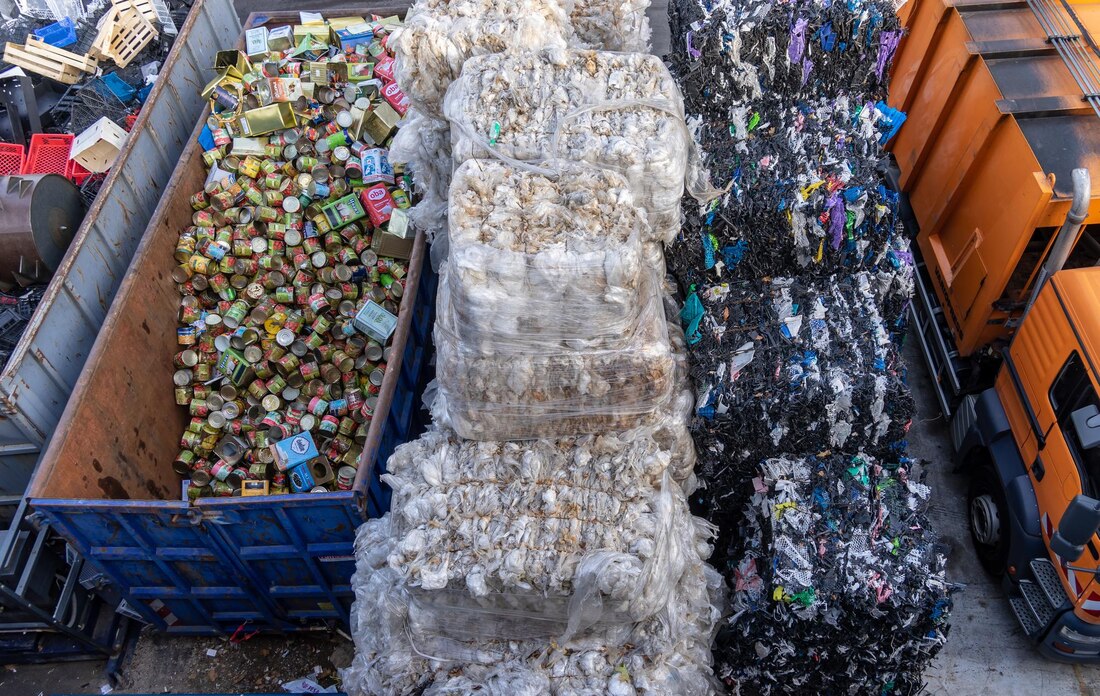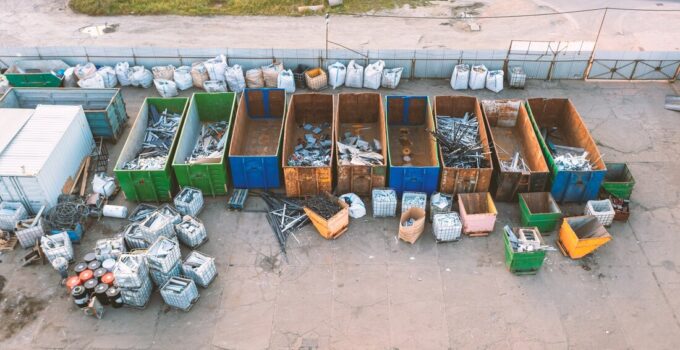Disposing of surplus assets and materials is something you cannot avoid as a whole unless your business sells the exact amount that customers request. If you notice you are dealing with disposal as a whole, you need to plan to carefully do it and protect the environment.
Surplus sourcing and reselling are already part of the circular economy practices. You repurpose all the items, work better around moving them away from landfills, and find new places.
All of this reduces waste and how the planet is being treated. The issue is that environmental regulations also apply to how you are handling the inventory you are moving.
Environmental regulations guide how companies can dispose of surplus items’ safety and responsibly. Hence, you are not alone when trying to figure out how you need to do the whole process.
These rules help reduce pollution, manage waste properly, and encourage recycling and reuse.
All you have to do is to be careful with the steps and how you adapt the options to your business.
Where Should You Start with Surplus Disposal?
Keep in mind that this is all about ensuring these assets are moved to the right environmental centers or following the correct disposal method.
Therefore, you can start by simply learning the techniques and where to take your surplus goods.
The common options you know about include:
- Recycling.
This option is the best and you should always aim for it whenever possible.
Materials like metals, plastics, and paper can often be recycled to reduce waste. Nevertheless, some items, especially those that contained hazardous substances, must be handled carefully.
You may require special approval before recycling or hiring an expert to handle the whole process.
- Reuse and redistribution.
Surplus items in good condition can be reused within the company or sold to others. You don’t want to dispose them until you know you cannot maximize their use any longer.
For instance, you can get surplus items for stationery. However, disposal of this is often “optional.” This is because you can use part of the items, like paperback or specific pens and clips.
- Landfill disposal.
While we are trying to move waste away from them, this is a last resort.
It is better to leave them in the right places for hazardous or electronic waste than leaving them in any other area.
Take the time to ensure that landfill disposal complies with local and national laws. Find a proper one, and get all the waste moved there as the last option.

What You Should Know About Environmental Regulations
That they are not simple regulations or rules.
If you take your time, you realize you can save a lot by just handling disposal well.
The Green Living Blog highlights how circular economy strategies and green practices already offer cost reductions. You can save up to 25% and work in more investment and better operations.
Therefore, don’t take it to a whole new level. Instead, focus on how it is a regulation, but how it helps with your business.
With this in mind, you have a few aspects to learn about:
- Hazardous waste regulations. This is related to items containing chemicals or dangerous materials and how they need to be handled carefully following certain strict rules.
- Waste hierarchy principles. Laws encourage reducing waste first. Then, focus on reusing, recycling, and only disposing last.
- Environmental permits. You need permits to operate waste disposal depending on the items and the options you are using to get rid of them.
- Reporting and documentation. You must have proper records of the disposal methods and quantity of items moved and repurposed.
At Coastal Surplus Solutions, we can help in certain steps depending on your requirements and business.
Feel free to contact us and learn more about surplus disposal and all regulations involved.




